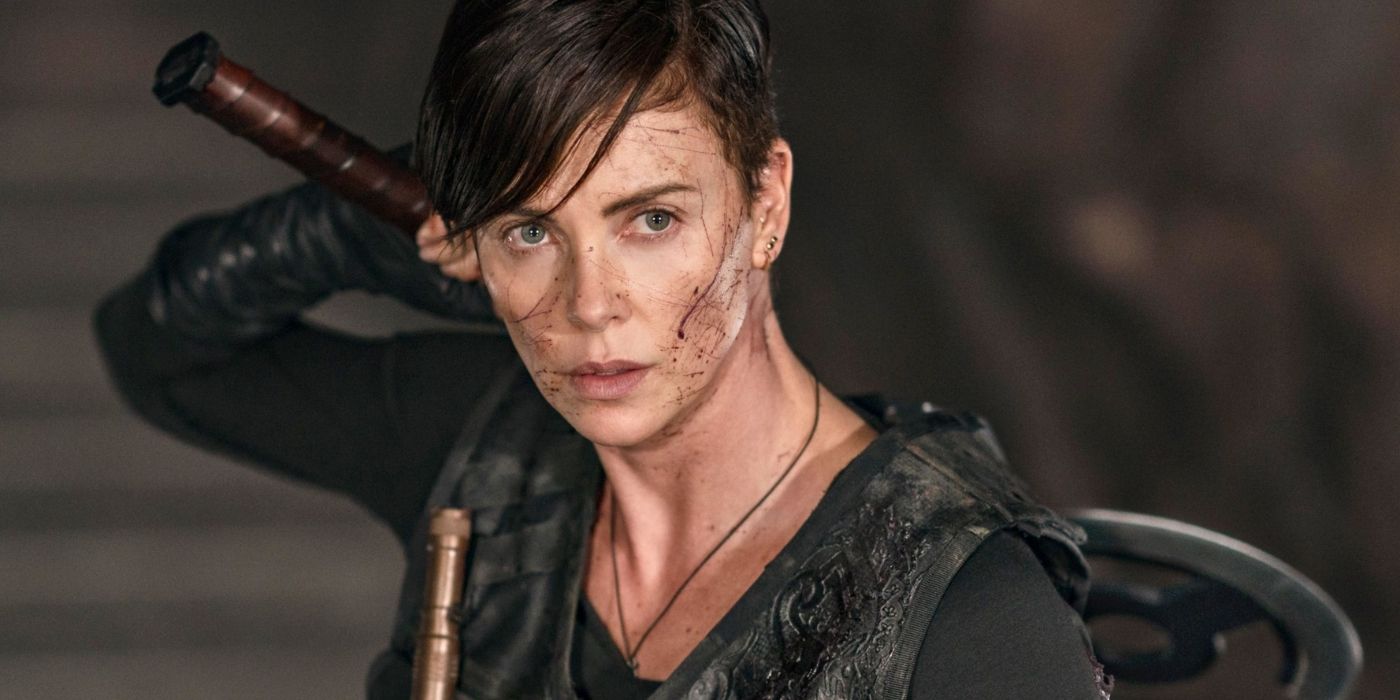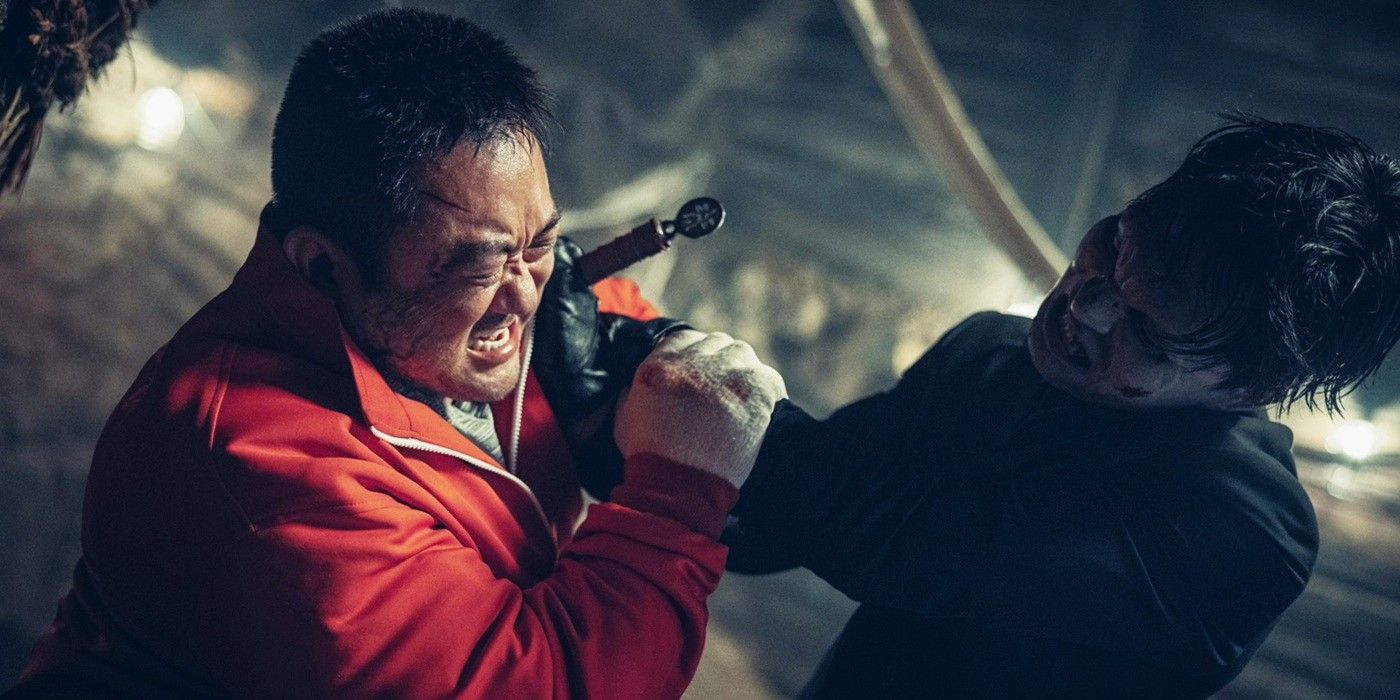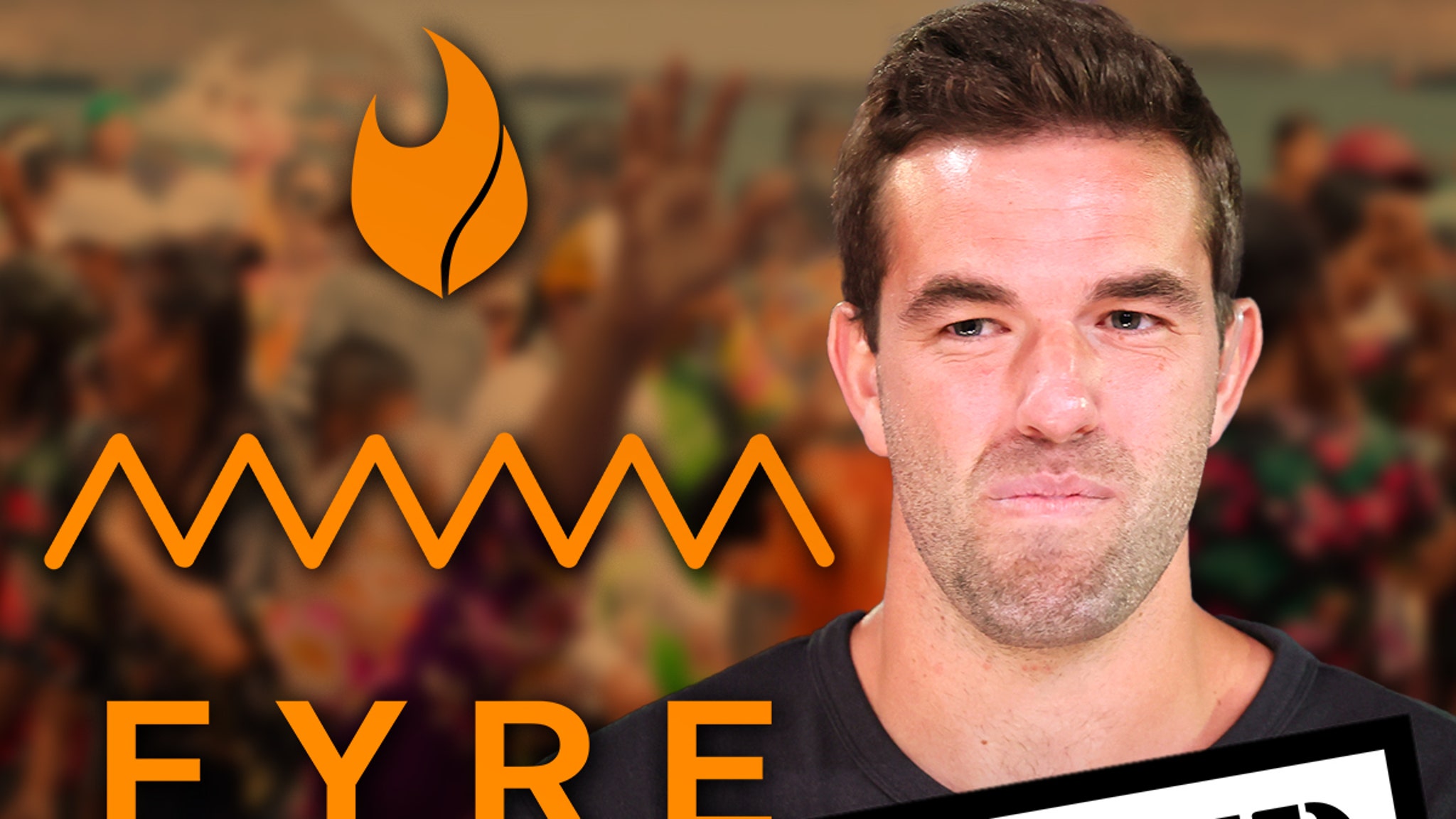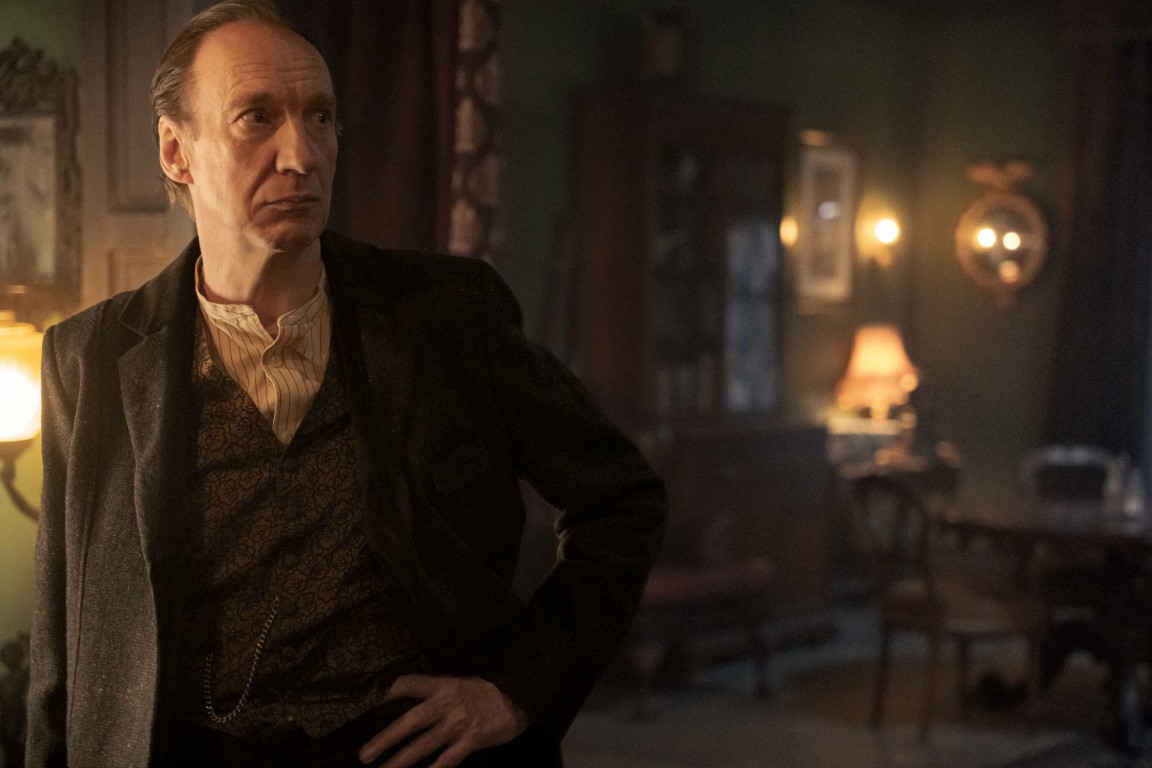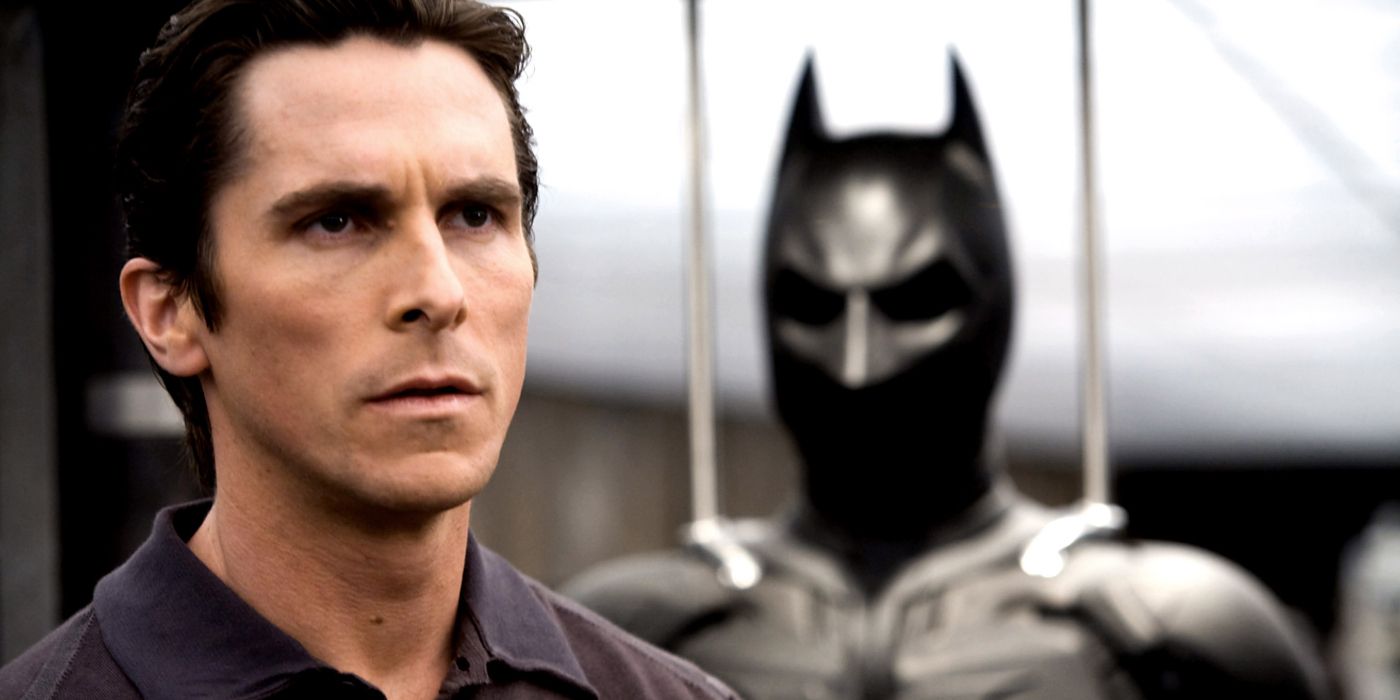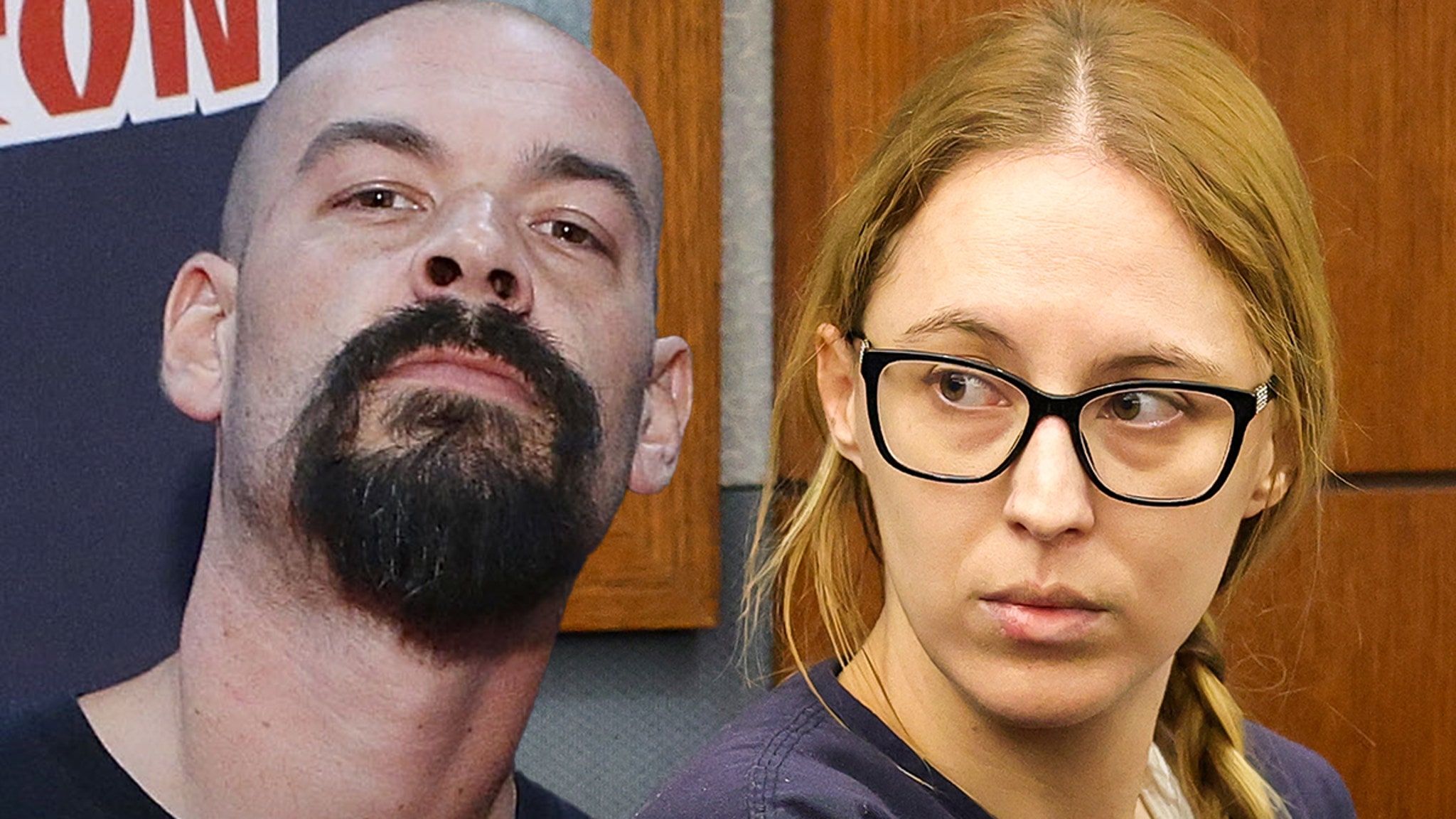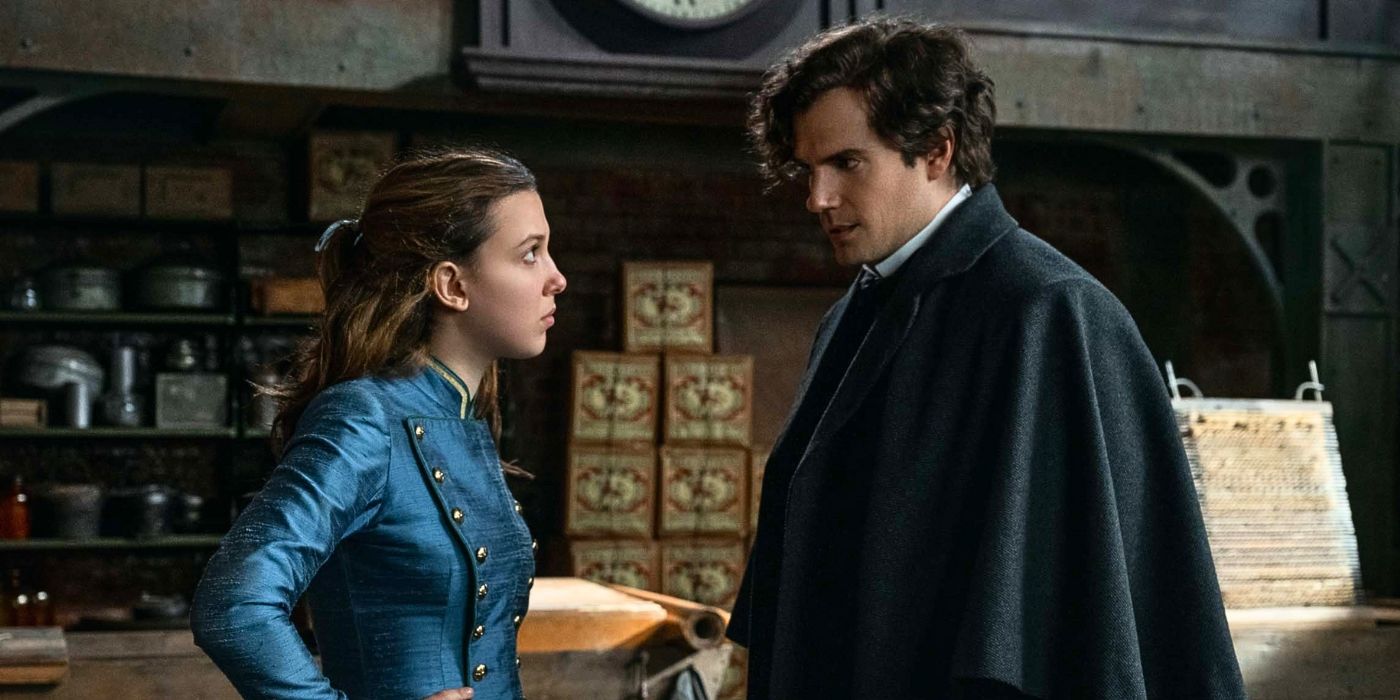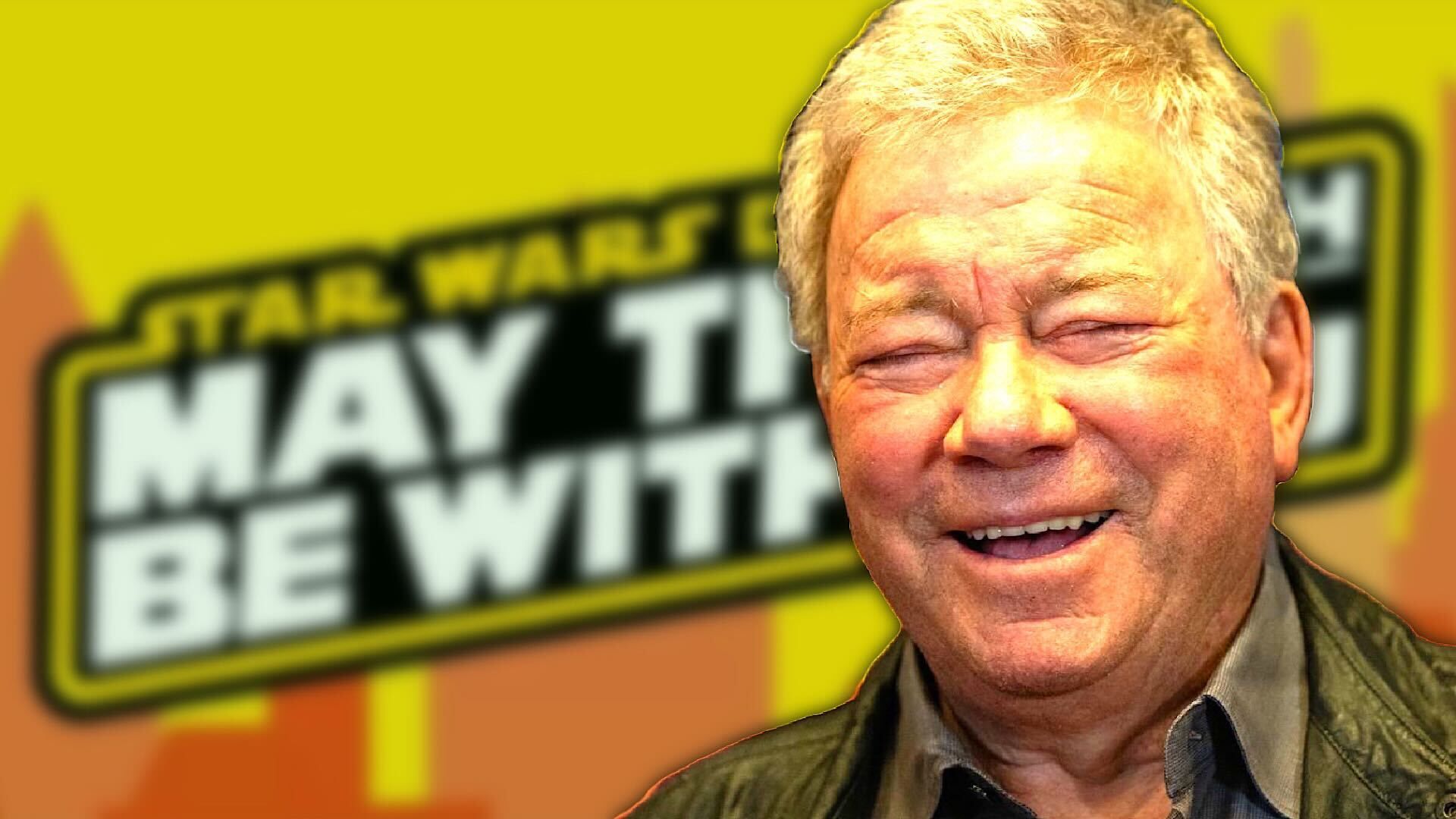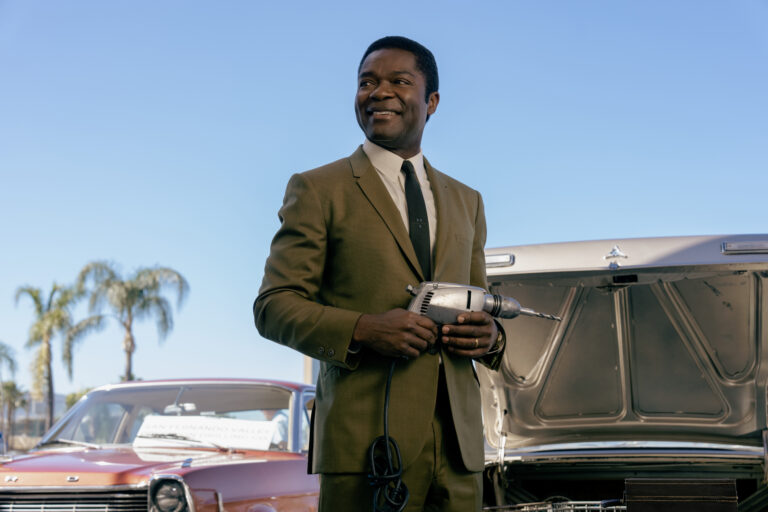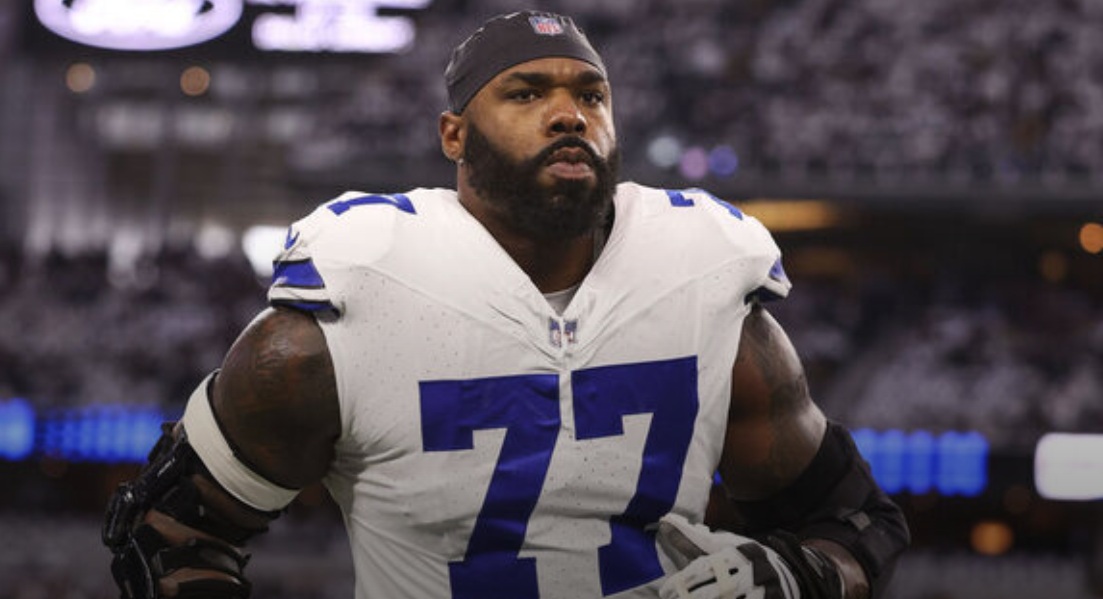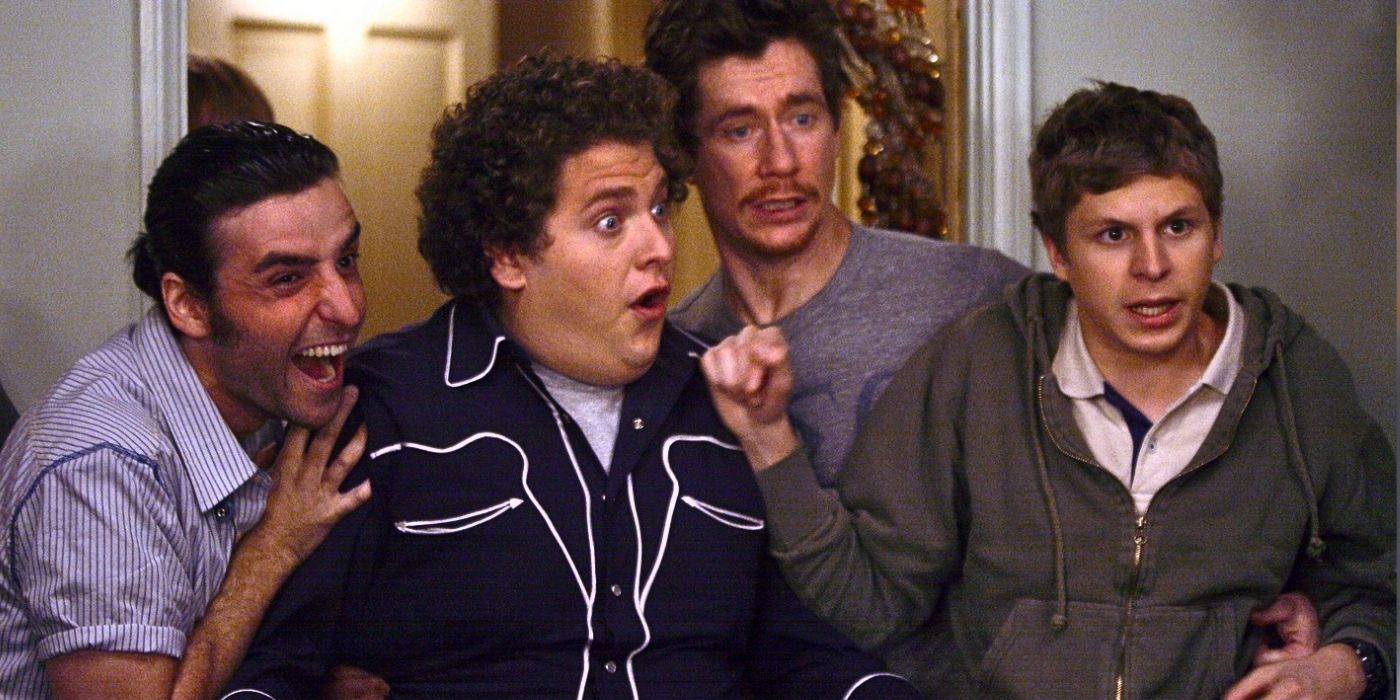I grew even closer to the two of them, and briefly considered relocating to Dallas to be closer to them, and to have help raising the kids. But in November, 2008, Genie was diagnosed with cancer. It was an insidious variety, in that it seemed to be intelligent, to move when spotted or tracked. They found it on her liver, then it disappeared after chemo, then reappeared on her large intestine, then disappeared again, then settled on her stomach, then spread again to her liver. Then it metastasized. There was nothing doctors could do. To cut out the cancer, they would have had to remove half of her digestive and excretory system. She died the following spring. April 25, 2009.
It was one of the most devastating deaths I’ve witnessed, and by this point I’ve witnessed plenty. There’s something particularly unnerving about seeing a woman who was known for most of her life for being outsized, in every possible way, being physically reduced, denuded of her essence, evaporated, week after week, month after month.
At the end, she was barely recognizable as herself—as sinewy and frail as my maternal grandmother, who died of bone cancer in 1985.
I learned from Genie’s daughter Robin how to be an attentive caretaker to somebody with cancer. Near the end, Robin was there at the oncology ward every day. I was there the day Genie died. Robin was by her side, along with Dad, feeding Genie ice chips and sips of water.
Genie’s death brought my father and I even closer together, because we’d both lost mates in April, two days apart. Jen’s death had occurred on April 27, three years before Genie.
I think about those final days often, especially when April rolls around.
“You can let go now, Mama,” Robin told Genie, on the day that they pulled the plug. Genie was long past being able to respond to her. But Robin told me she believed that he mother could still hear her, so she talked to he and touched her face and smoothed her hair.
You can view the original article HERE.

